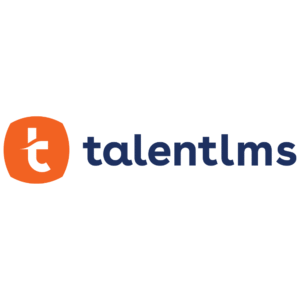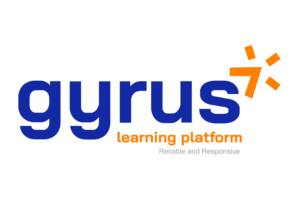Why Choose Learning Management Systems (LMSs) With Automated Report Scheduling?
Manually pulling reports can be a time-consuming and error-prone process. An LMS with automated reporting helps organizations:
- Save time by eliminating the need for manual report generation.
- Ensure consistency by sending regular performance updates automatically.
- Improve compliance tracking with scheduled reports on required training.
- Enhance decision making with real-time data on learner progress and engagement.
- Boost transparency by providing stakeholders with accurate learning insights.
Key Features Of LMSs With Automated Report Scheduling
When selecting an LMS with automated reporting capabilities, look for:
- Customizable report templates: Generate reports based on specific learning metrics.
- Scheduled report delivery: Automatically send reports at chosen intervals (daily, weekly, monthly).
- Multi-format export options: Download reports in PDF, Excel, or CSV formats.
- Real-time data tracking: Ensure reports contain the latest learner progress updates.
- Role-based report distribution: Assign different reports to trainers, managers, or compliance officers.
How Automated Reporting Benefits Organizations And Learners
An LMS with automated report scheduling ensures that training data is always up-to-date, accessible, and error-free. By eliminating manual report generation, organizations can track learning progress effortlessly, improve compliance, and make better data-driven decisions. For businesses, an LMS with automated reports tracks employee training progress, compliance module completion, and skills development, helping HR and management make informed decisions.
For educational institutions, automated reports help monitor student performance, identify learning gaps, and improve curriculum effectiveness.
As for trainers and instructors, automated reporting reduces administrative workload while ensuring stakeholders receive important learning data on time.











